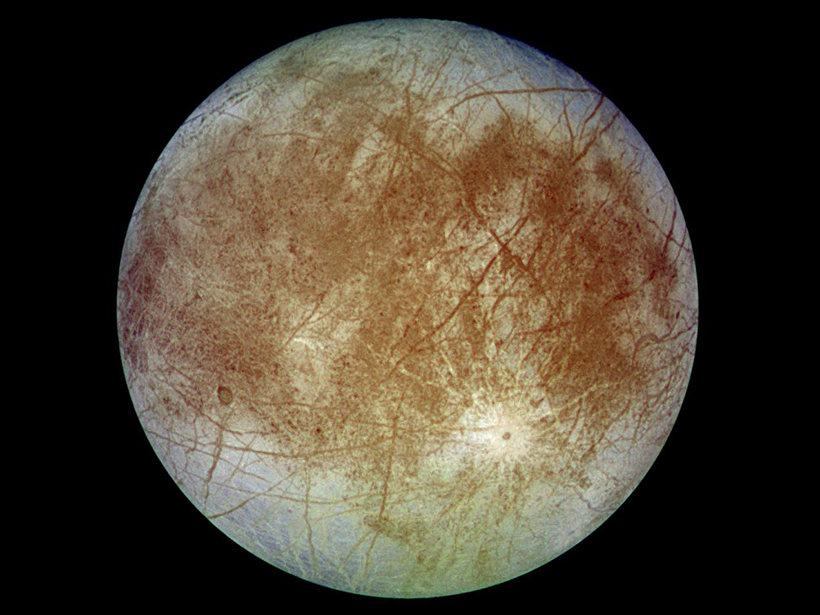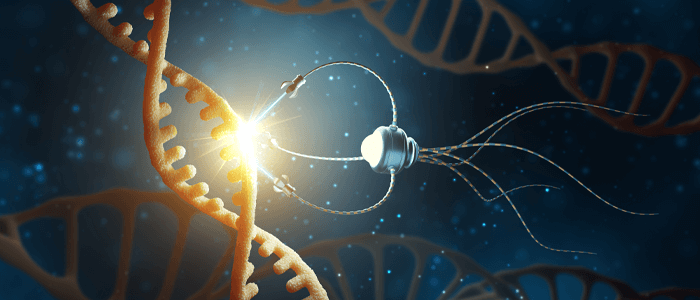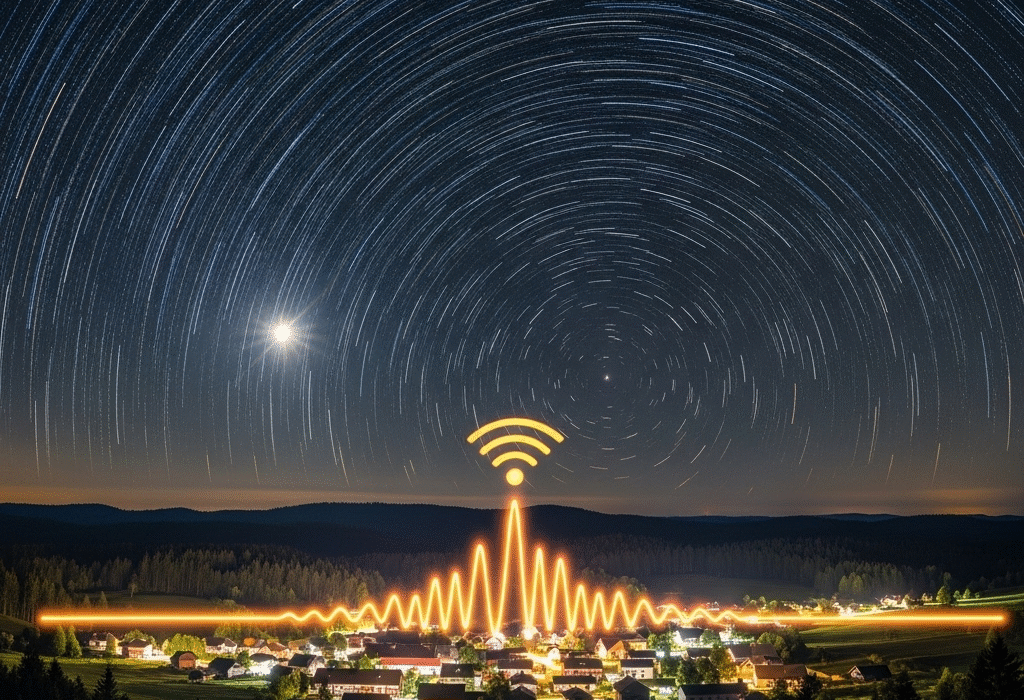For as long as humans have been able to dream, we have imagined life beyond death. From the pyramids of Egypt to the myth of the Fountain of Youth, from religious promises of eternal souls to the alchemists’ search for the Elixir of Life, the yearning to escape mortality has been one of our most enduring obsessions. The idea that our fragile bodies, destined to wither, could somehow give way to a form of existence that never ends has haunted our stories, our prayers, and our imaginations.
Today, the dream has taken a new shape—not in sacred texts or mystical potions, but in the language of technology. What if, instead of striving to preserve our biological shells, we could move beyond them entirely? What if we could live forever in a digital universe, free from the decay of flesh, sustained by circuits, code, and vast networks of computation?
This vision is not confined to science fiction anymore. It rests on emerging conversations about neuroscience, artificial intelligence, virtual reality, and the possibility of “mind uploading.” But beyond the mechanics, beyond the wires and code, lies a deeper question: if we could live forever in a digital universe, would we still be human?
The Fragility of the Biological Body
Our bodies are extraordinary, but they are also frail. Every heartbeat, every breath, every flicker of a neuron reminds us of our mortality. Cells age, DNA accumulates damage, proteins misfold, and systems begin to fail. Despite medical advances that extend lifespans, no known biological organism can live forever. Even the most resilient creatures—the jellyfish Turritopsis dohrnii, often called the “immortal jellyfish”—are not immune to destruction by accident or predation.
For humans, the inevitability of aging has shaped the course of civilization. It gives urgency to our lives, drives us to create art, philosophy, and science. Yet it also burdens us with suffering, loss, and the relentless passage of time. In this context, the idea of shedding the biological body and preserving the essence of the self becomes alluring. If flesh is temporary, perhaps mind could be eternal.
What Is the Self?
Before exploring the possibility of digital immortality, we must wrestle with the question: what are we? Are we our bodies, our memories, our personalities, our consciousness? Neuroscience suggests that the “self” arises from patterns of neural activity. Memories are encoded in synaptic connections, emotions shaped by chemical signals, and consciousness emerges from the brain’s intricate web of electrical communication.
If this is true, then in theory, what we call “you” could be reduced to data—a vast, dynamic pattern of information. This is the central idea behind digital immortality: that if the brain can be mapped, copied, or emulated with enough fidelity, then the self might be transferred into a digital substrate. The body may perish, but the mind—its memories, its sense of continuity—could endure.
But would that “you” truly be you? Or just a convincing replica? The tension between continuity and duplication haunts this vision. For some, the promise of a digital self offers liberation. For others, it raises the terrifying possibility that immortality might mean watching a copy of oneself live on while the original consciousness fades into nothingness.
The Science of Mind Uploading
The concept of mind uploading is both dazzling and daunting. To upload a human mind would require mapping every neuron, every synapse, every neurotransmitter, and the precise timing of countless electrical signals. The human brain contains roughly 86 billion neurons, each forming thousands of connections. The total number of synapses approaches a quadrillion—a complexity beyond comprehension.
Neuroscientists are making progress in understanding this vast network. Brain-computer interfaces allow us to translate neural signals into digital commands. Projects like the Human Connectome Project seek to chart the wiring of the brain. Yet we are still far from capturing the full dynamics of consciousness. A static map of connections may not be enough. The brain is not just hardware; it is a living system, constantly rewiring itself in response to experience. To upload the mind may require not just copying its structure, but replicating its ongoing processes.
Even if this were achieved, the challenge of creating a digital environment that could host such a mind looms large. Simulating a human brain might demand computational power far beyond today’s supercomputers. A digital universe capable of sustaining billions of such minds would require advances in energy, hardware, and software we can scarcely imagine.
The Digital Universe as a New Habitat
Suppose the technical hurdles are overcome. What would it mean to live inside a digital universe? Unlike the physical world, where gravity, time, and entropy govern existence, a digital realm could be infinitely malleable. Physics could be rewritten. Bodies could be reshaped at will. Death could be optional, suffering eliminated, and desires instantly fulfilled.
Such a universe could evolve into a paradise—or a prison. If designed with care, it might offer boundless creativity, exploration, and connection. Imagine soaring through nebulae of simulated stars, inhabiting a thousand forms, living out lifetimes of knowledge and art. But if controlled by corporations, governments, or faulty algorithms, it could become a dystopia—an eternity of surveillance, manipulation, or boredom.
The digital universe raises profound ethical questions. Who decides its rules? Who has access? Will it be a refuge for the wealthy, leaving the poor behind in the decaying physical world? And perhaps most unsettling: if death is no longer inevitable, what becomes of meaning?
The Paradox of Immortality
On the surface, immortality sounds like the ultimate gift. Yet history and philosophy suggest otherwise. Mortality, painful as it is, gives life urgency. Knowing that time is limited fuels love, ambition, and art. A digital eternity might strip life of its sharp edges, leaving existence flat and unmotivated.
Consider the myth of Tithonus, granted eternal life but not eternal youth. His endless existence became unbearable. In the digital universe, the problem might not be decay but monotony. Could a mind, even one with infinite capacity, endure endless time without longing for an end?
There is also the paradox of identity. If you upload yourself today, then continue to live biologically, which is truly “you”? The uploaded version may think it is you, may feel continuity with your memories, but your subjective consciousness remains tied to the body. Would uploading be a form of survival, or merely a high-tech kind of reproduction?
The Interplay of Consciousness and Code
One of the deepest mysteries is consciousness itself. We can describe neural activity, but how does it give rise to subjective experience—the vivid sense of being alive? If consciousness is an emergent property of information processing, then perhaps it could be reproduced in silicon. But if it depends on something uniquely biological—quantum processes in neurons, for example—then uploading may never capture the spark of awareness.
Even if consciousness can be transferred, the question of authenticity persists. Would a digital mind feel emotions, or only simulate them? Would love in a digital universe be real, or an algorithmic mimicry? These questions strike at the heart of what it means to live, and whether immortality in code would be life at all.
The Role of Artificial Intelligence
Artificial intelligence plays a crucial role in this vision. To model, host, and sustain human minds, AI systems would need to be unimaginably sophisticated. They might serve as caretakers, guiding uploaded humans through their digital environment. They might even merge with human consciousness, creating hybrid forms of existence.
But AI also introduces risks. If machines become more intelligent than humans, they may shape the digital universe in ways beyond our control. The dream of immortality could transform into dependence on entities that do not share our values or desires. The balance between freedom and control in such a realm will determine whether digital eternity is utopia or nightmare.
Living Beyond Time
If humans could live forever in a digital universe, time itself would change. In biology, time is marked by growth and decay. In digital existence, time could be fluid. Minds might accelerate, experiencing centuries in minutes, or slow down, stretching moments into eons. Memory could be infinite, every experience preserved perfectly, without the erosion of forgetfulness.
Yet this too raises dilemmas. Forgetting is part of being human. Memory fades to make room for new experiences, and loss shapes the texture of life. In a world without forgetting, would minds drown in the weight of eternity? Would endless recall turn nostalgia into torment? To live beyond time is to enter an existence alien to the human condition.
The Ethical Horizon
The dream of digital immortality is not just a technical challenge; it is an ethical frontier. If only the wealthy can afford to upload their minds, inequality could deepen into cosmic divides. If digital beings can suffer, what rights should they have? If they can reproduce, how do we prevent overpopulation in the digital cosmos?
Moreover, what happens to the physical world if the brightest minds choose to abandon it? Would Earth fall into neglect, left behind by those who chose eternity elsewhere? Or would digital immortality allow us to escape the limits of one planet and preserve humanity against cosmic catastrophe?
These are not just speculative questions. They force us to consider what we value most: individuality or community, freedom or structure, eternity or meaning.
The Mirror of Science Fiction
For decades, science fiction has explored these questions with haunting imagination. From stories of consciousness uploaded into virtual heavens, to cautionary tales of digital prisons, fiction has been a testing ground for the moral, emotional, and existential dimensions of digital life. Works like The Matrix, Black Mirror, and countless novels offer glimpses into the promises and perils of such futures.
These stories remind us that the digital universe is not just a technological project—it is a cultural one. The way we shape it will reflect our deepest fears and highest hopes. Fiction is a mirror, showing us both paradise and dystopia, and challenging us to choose wisely.
Could We Truly Live Forever?
So, could humans live forever in a digital universe? The answer, at least for now, is both yes and no. Technologically, we are far from mapping the brain in the detail required for uploading. Philosophically, we lack consensus on what consciousness is or whether it can survive transfer. Ethically, we have not resolved who would decide the terms of eternity.
But the possibility remains open, shimmering on the horizon of human imagination. Each advance in neuroscience, AI, and computing brings us closer to a future where the line between biology and technology blurs. Whether that future fulfills the dream of immortality or reveals its hidden costs depends not just on what we can do, but on what we choose to do.
The Meaning of Forever
In the end, perhaps the question is not whether we could live forever in a digital universe, but whether we should. Mortality, painful as it is, gives life its shape. Death is the frame around the painting of existence, giving it urgency and beauty. To remove the frame may not enlarge the picture—it may dissolve it.
And yet, the yearning endures. To live, to love, to learn without end—that is the hope encoded in every myth and every technological dream. The digital universe offers a new canvas for that hope. Whether it becomes heaven, hell, or something entirely beyond our imagination will depend on how wisely we navigate the path ahead.
Conclusion: The Infinite Horizon
The dream of living forever in a digital universe is more than a technological fantasy—it is a reflection of our deepest longing to transcend the limits of flesh, time, and death. It is the ultimate expression of curiosity, creativity, and fear.
Science may one day give us the tools to upload minds, to craft worlds of infinite possibility, to live beyond the boundaries of biology. But even then, the question will remain: is immortality worth the price of leaving behind what makes us human?
To live forever in a digital universe is not simply to escape death—it is to redefine life itself. Perhaps the true challenge is not whether we can live forever, but whether we can learn to live fully in the fleeting time we already have.






